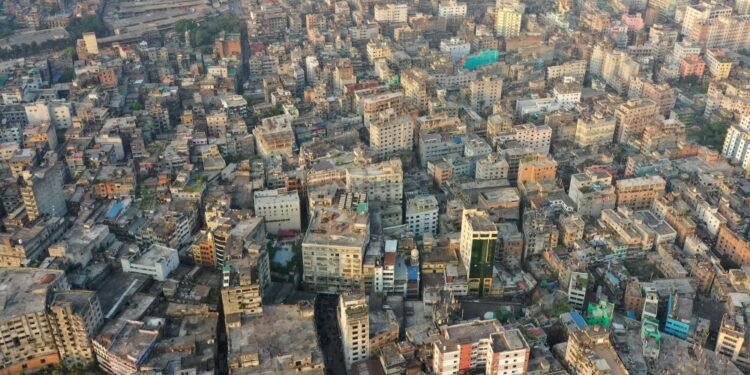Population density is a measure of the number of people living per unit area of land. Population density can have significant implications for a country, including resource use, infrastructure development, and environmental impact. Countries with high population densities may struggle to provide adequate resources and services to their citizens, while countries with low population densities may face challenges in developing infrastructure and providing services over vast areas. Ultimately, understanding population density can provide valuable insight into a country’s demographics, economy, and social issues.
Here are the top 20 most densely populated countries in the world.
| Rank | Country | Population density |
| 1. | Macau | 21,402.71 per km² |
| 2. | Monaco | 18,148.5 per km² |
| 3. | Singapore | 8,377.05 per km² |
| 4. | Hong Kong | 7,134.87 per km² |
| 5. | Bahrain | 1,892.37 per km² |
| 6. | Maldives | 1,736.74 per km² |
| 7. | Malta | 1,672.08 per km² |
| 8. | Bangladesh | 1,328.68 per km² |
| 9. | Sint Maarten | 1,300.65 per km² |
| 10. | Bermuda | 1,186.46 per km² |
| 11. | Vatican City | 1,177.27 per km² |
| 12. | Guernsey | 1,008.64 per km² |
| 13. | Jersey | 931.68 per km² |
| 14. | Palestine | 892.23 per km² |
| 15. | Taiwan | 660.92 per km² |
| 16. | Barbados | 655.8 per km² |
| 17. | Saint Martin | 641.54 per km² |
| 18. | Mauritius | 640.67 per km² |
| 19. | Nauru | 639 per km² |
| 20. | Aruba | 590.43 per km² |















